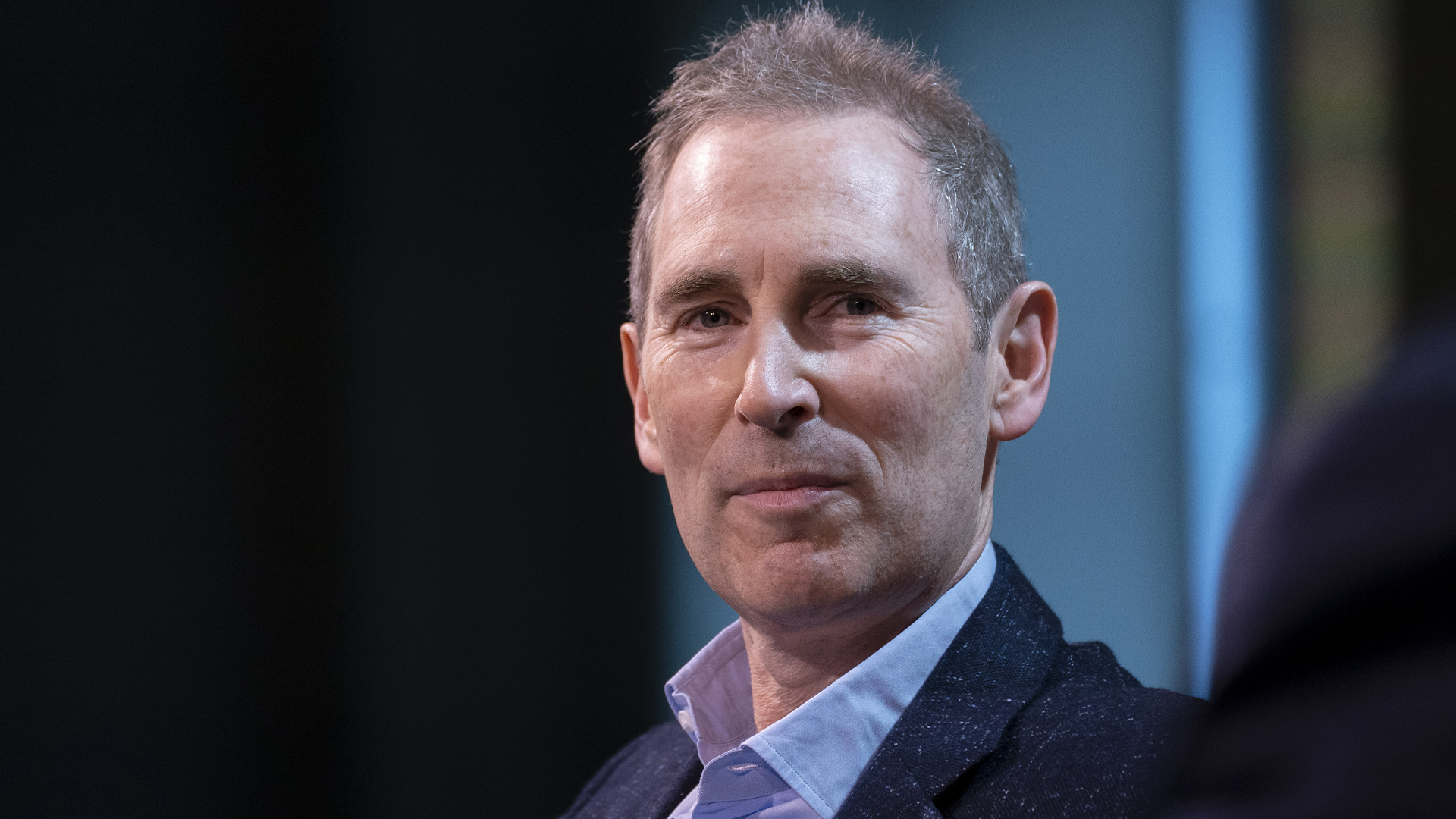CEOs and CISOs at odds over the benefits of generative AI
While CEOs are hugely enthusiastic, CISOs worry about governance and legacy technology


While CEOs are gung-ho about the use of AI, CISOs are far more cautious, with nearly half having a negative attitude about generative AI rollouts.
According to a survey from NTT Data, there's a big misalignment between C-suite leaders when it comes to business goals and operational readiness for generative AI deployment.
Virtually all – 99% – of C-suite executives told researchers that they were expecting further generative AI investments over the next two years, with two-thirds (67%) of CEOs planning significant commitments. Nearly nine-in-ten (89%) reckoned that AI was the top technology they needed to ensure their competitiveness and profitability.
However, CISOs aren't exactly enthusiastic, with 45% expressing negative sentiments toward generative AI adoption. More than half (54%) said internal guidelines or policies on responsibilities were unclear, compared with only 20% of CEOs, who tended to think their policies were fine.
"Collaboration is highly valued by line-of-business leaders in their relationships with CISOs. However, disconnects remain, with gaps between the organization's desired risk posture and its current cybersecurity capabilities," said Craig Robinson, research vice president for security services at IDC.
"While the use of generative AI clearly provides benefits to the enterprise, CISOs and global risk and compliance leaders struggle to communicate the need for proper governance and guardrails, making alignment with business leaders essential for implementation."
95% of CIOs and CTOs reported that generative AI is driving greater cybersecurity investments, ranking improved security as one of the top three business benefits realized from the technology in the last 12 months.
Sign up today and you will receive a free copy of our Future Focus 2025 report - the leading guidance on AI, cybersecurity and other IT challenges as per 700+ senior executives
However, only 38% of CISOs said their generative AI and cybersecurity strategies were aligned, compared with 51% of CEOs. Meanwhile, 72% of organizations still lack a formal generative AI usage policy, and just 24% of CISOs strongly agree that their organization has a robust framework for balancing risk with value creation.
"As organizations accelerate generative AI adoption, cybersecurity must be embedded from the outset to reinforce resilience. While CEOs champion innovation, ensuring seamless collaboration between cybersecurity and business strategy is critical to mitigating emerging risks," said Sheetal Mehta, senior vice president and global head of cybersecurity at NTT Data.
"A secure and scalable approach to generative AI requires proactive alignment, modern infrastructure, and trusted co-innovation to protect enterprises from emerging threats while unlocking AI's full potential."
One big problem for security leaders is legacy infrastructure, with 88% saying it's having a significant effect on business agility and generative AI readiness, with modernizing IoT, 5G, and edge computing seen as essential for future progress.
And two-thirds (64%) of CISOs are handling this by working with strategic IT partners, rather than relying on standalone AI solutions – indeed, their top criterion when assessing generative AI technology partners is end-to-end service offerings.
The report echoes research from Experio last month which found that more than one-third (39%) of UK technology leaders think their board has unrealistic expectations over the potential of generative AI tools. More than four-in-ten (41%) said governance and ethics were a leading obstacle to implementing AI in their organization.
Emma Woollacott is a freelance journalist writing for publications including the BBC, Private Eye, Forbes, Raconteur and specialist technology titles.
-
 Will autonomous robotics leap forward in 2026?
Will autonomous robotics leap forward in 2026?In-depth Connectivity and cost benefits remain barriers, despite breakthroughs in physical AI
-
 AWS and NTT Data team up to drive legacy IT modernization in Europe
AWS and NTT Data team up to drive legacy IT modernization in EuropeNews Partnership between AWS and NTT DATA aims to boost AWS European Sovereign Cloud capabilities
-
 'It's slop': OpenAI co-founder Andrej Karpathy pours cold water on agentic AI hype – so your jobs are safe, at least for now
'It's slop': OpenAI co-founder Andrej Karpathy pours cold water on agentic AI hype – so your jobs are safe, at least for nowNews Despite the hype surrounding agentic AI, OpenAI co-founder Andrej Karpathy isn't convinced and says there's still a long way to go until the tech delivers real benefits.
-
 Is an 'AI' bubble about to pop?
Is an 'AI' bubble about to pop?news The Bank of England warns of the risk of a market correction if enthusiasm for the technology wanes
-
 AI isn't taking anyone's jobs, finds Yale study – at least not yet
AI isn't taking anyone's jobs, finds Yale study – at least not yetNews Researchers say it's too soon to know what generative AI's impact will be on the workforce
-
 Is ChatGPT making us dumber? A new MIT study claims using AI tools causes cognitive issues, and it’s not the first – Microsoft has already warned about ‘diminished independent problem-solving’
Is ChatGPT making us dumber? A new MIT study claims using AI tools causes cognitive issues, and it’s not the first – Microsoft has already warned about ‘diminished independent problem-solving’News A recent study from MIT suggests that using AI tools impacts brain activity, with frequent users underperforming compared to their counterparts.
-
 ‘Agent washing’ is here: Most agentic AI tools are just ‘repackaged’ RPA solutions and chatbots – and Gartner says 40% of projects will be ditched within two years
‘Agent washing’ is here: Most agentic AI tools are just ‘repackaged’ RPA solutions and chatbots – and Gartner says 40% of projects will be ditched within two yearsNews Agentic AI might be the latest industry trend, but new research suggests the majority of tools are simply repackaged AI assistants and chatbots.
-
 Andy Jassy memo warns staff that Amazon will "need fewer people" as it rolls out more generative AI
Andy Jassy memo warns staff that Amazon will "need fewer people" as it rolls out more generative AINews Amazon's CEO tells workers to be "curious" about AI and educate themselves to protect their livelihoods
-
 Microsoft says workers should believe the hype with AI tools: Researchers found Copilot users saved three hours per week sifting through emails, gained more focus time, and completed collaborative tasks 20% faster
Microsoft says workers should believe the hype with AI tools: Researchers found Copilot users saved three hours per week sifting through emails, gained more focus time, and completed collaborative tasks 20% fasterNews Using AI tools paid dividends for some workers, but alternative research shows it could create problems for others down the line.
-
 Meta executive denies hyping up Llama 4 benchmark scores – but what can users expect from the new models?
Meta executive denies hyping up Llama 4 benchmark scores – but what can users expect from the new models?News A senior figure at Meta has denied claims that the tech giant boosted performance metrics for its new Llama 4 AI model range following rumors online.
